It is through play that young children learn about and make sense of the world. They experiment with being a Mum or Dad as they act out what they have observed in daily life, e.g. feeding the baby and going to the shops. As children play they develop their cognitive and motor skills, increase their communication and social ability and above all have fun. Play for young children with autism is frequently centered on repetitive actions, e.g. spinning car wheels rather than pushing the car, lining blocks up rather than building towers. They don’t seem to know how to do what comes instinctively to other children. A young child with autism needs to be taught how to play step by step. Be dramatic as you play with your child in order to attract and maintain their attention. Add to the richness of the play by making noises, e.g. ball going down (wheee) doll crying (waa), car horn (beep, beep).
NEW Bundle offers available:

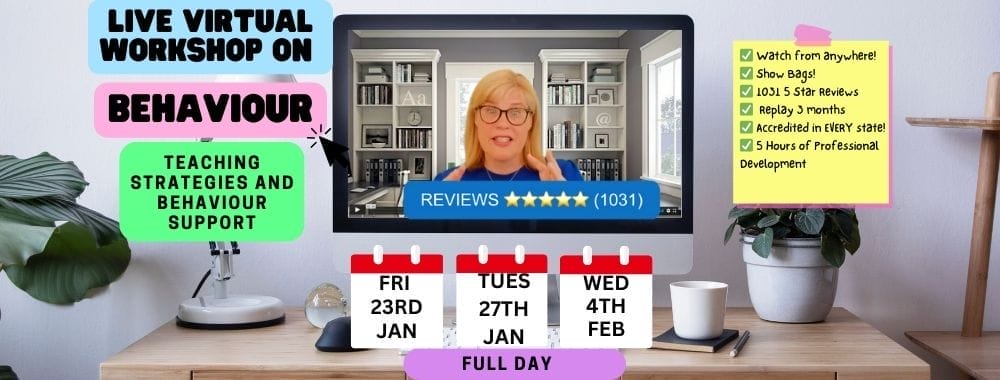

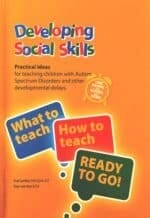
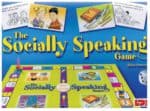
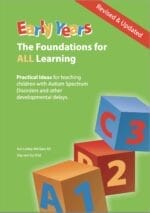

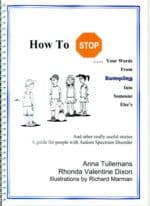









 Sorry we no longer ship items outside Australia. Please consider the digital versions of Sue’s Books –
Sorry we no longer ship items outside Australia. Please consider the digital versions of Sue’s Books – 